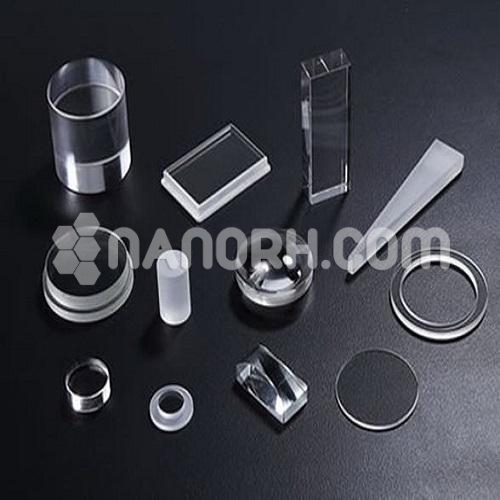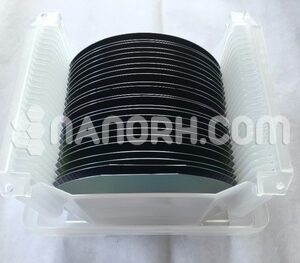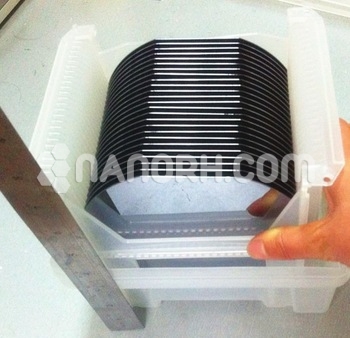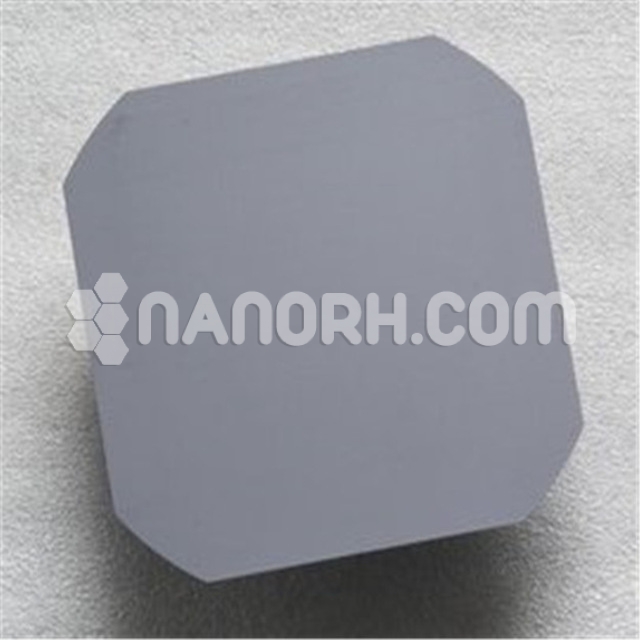| LSAT Single Crystal Substrate | |
| Product No | NRE-45010 |
| CAS | NA |
| Purity | >99.9% |
| Length | 10 |
| Width | 10 |
| Structure | NA |
| Color | NA |
| Thickness | 0.5 mm |
| Polished | Both Side Polished |
| Boiling Point | NA |
LSAT Single Crystal Substrate
Introduction
Lanthanum strontium aluminate titanate (LSAT) is a single crystal substrate that is gaining prominence in the fields of materials science and condensed matter physics. With a perovskite-like structure, LSAT is particularly valued for its unique properties that facilitate the growth of thin films and heterostructures.
Properties
Lattice Parameters: LSAT has a lattice constant of approximately 3.87 Å, which makes it an excellent substrate for various oxide materials that have compatible lattice structures.
Thermal Stability: LSAT substrates are stable at high temperatures, enabling their use in advanced deposition techniques like molecular beam epitaxy (MBE) and pulsed laser deposition (PLD).
Dielectric Properties: LSAT has favorable dielectric properties, which are important for electronic applications and devices.
Chemical Stability: The substrate exhibits good chemical stability, ensuring minimal reactivity during thin film growth processes.
Applications of LSAT Single Crystal Substrates
Thin Film Epitaxy: LSAT is widely used for the epitaxial growth of various thin films, especially complex oxides such as high-temperature superconductors, ferroelectrics, and magnetic materials.
Heterostructures: LSAT substrates support the fabrication of complex oxide heterostructures, enabling the study of interface phenomena and the development of materials with novel electronic properties.
Oxide Electronics: The unique properties of LSAT make it suitable for applications in oxide electronics, including transistors and sensors, where high mobility and performance are required.
Quantum Materials Research: LSAT substrates are used in research focused on quantum materials and phenomena, facilitating the exploration of topological insulators and other advanced materials.
Spintronic Devices: Due to its compatibility with materials used in spintronics, LSAT is explored for applications that utilize the spin of electrons for improved data storage and processing.




